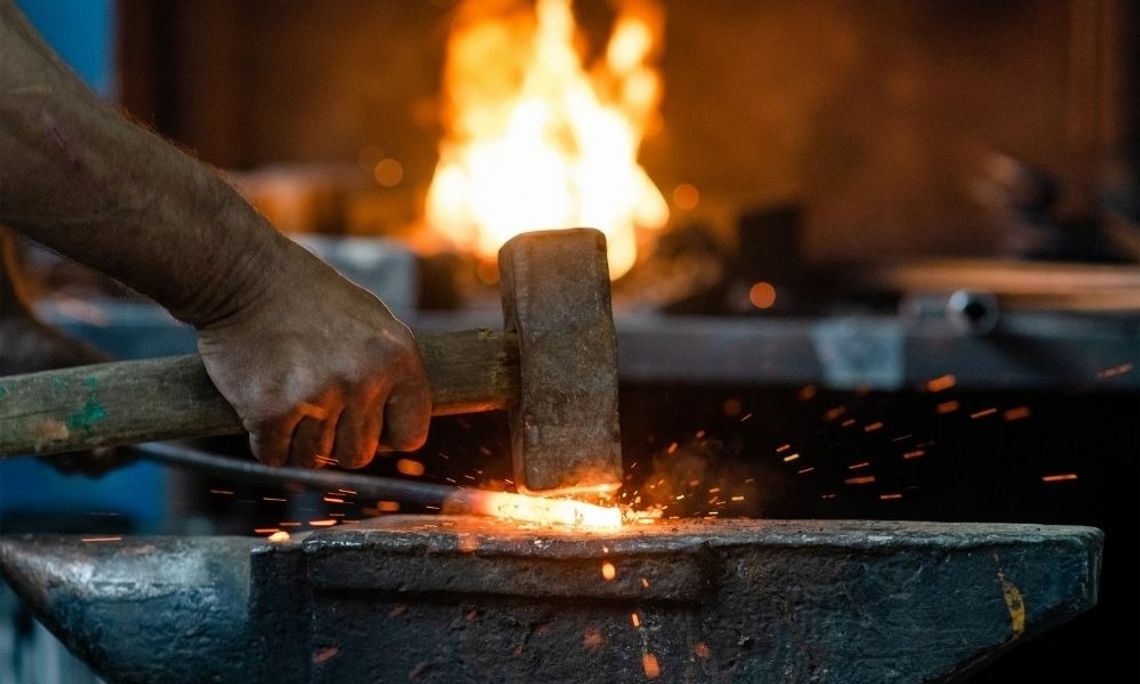When you’re first starting out in the modern blacksmithing hobby or business, it can be difficult to tell all the different equipment and tools apart. You’ll find that different tools and equipment have several unique versions and makeups as well, such as the crucible. Keep reading to learn more about the different types of crucibles for your blacksmith shop and which one is right for you.
Graphite Crucibles
Graphite crucibles are some of the most flexible and accessible crucibles for new and old blacksmiths alike. There are many benefits of working with graphite crucibles, which you can use to your advantage as a blacksmith of any skill level. For example, graphite crucibles are compatible with a variety of fuels and smithing materials. This means you can use them to smelt a wide range of metals. Whether you have a gas, propane, or charcoal forge, a graphite crucible will meet your needs. Because beginner smiths start with fewer options in terms of fuel and materials, the graphite crucible makes a great choice.
Ceramic Crucibles
Ceramic crucibles are made from kiln-fired clay and formed at high temperatures to become stable. Some modern ceramic crucibles are also reinforced with graphite to ensure their strength and quality. Ceramic crucibles are ideal for smelting precious metals such as gold, silver, copper, and more. Depending on the size and strength, ceramic crucibles are also cost-effective for beginner blacksmiths.
Specialty Crucibles
Some crucibles may only work best in a certain type of furnace or forge. For example, some induction furnaces use specialty induction crucibles. These crucibles sport good resistance to electricity and corrosion, and they also possess high thermal conductivity as well. These crucibles are ideal for working under tough conditions; however, they are best compatible with induction furnaces. You can also find crucibles that are specially designed for any type of furnace, such as electric or propane furnaces as well.
Now that you know the different types of crucibles for your blacksmith shop, you can better stock your equipment for your next project. No matter which type of crucible you settle on, make sure to stock up on multiple types and sizes. This ensures that you’ll have enough crucibles for each type of metal you work with, as you should never smelt different metals using the same crucible.


Comment
Comments